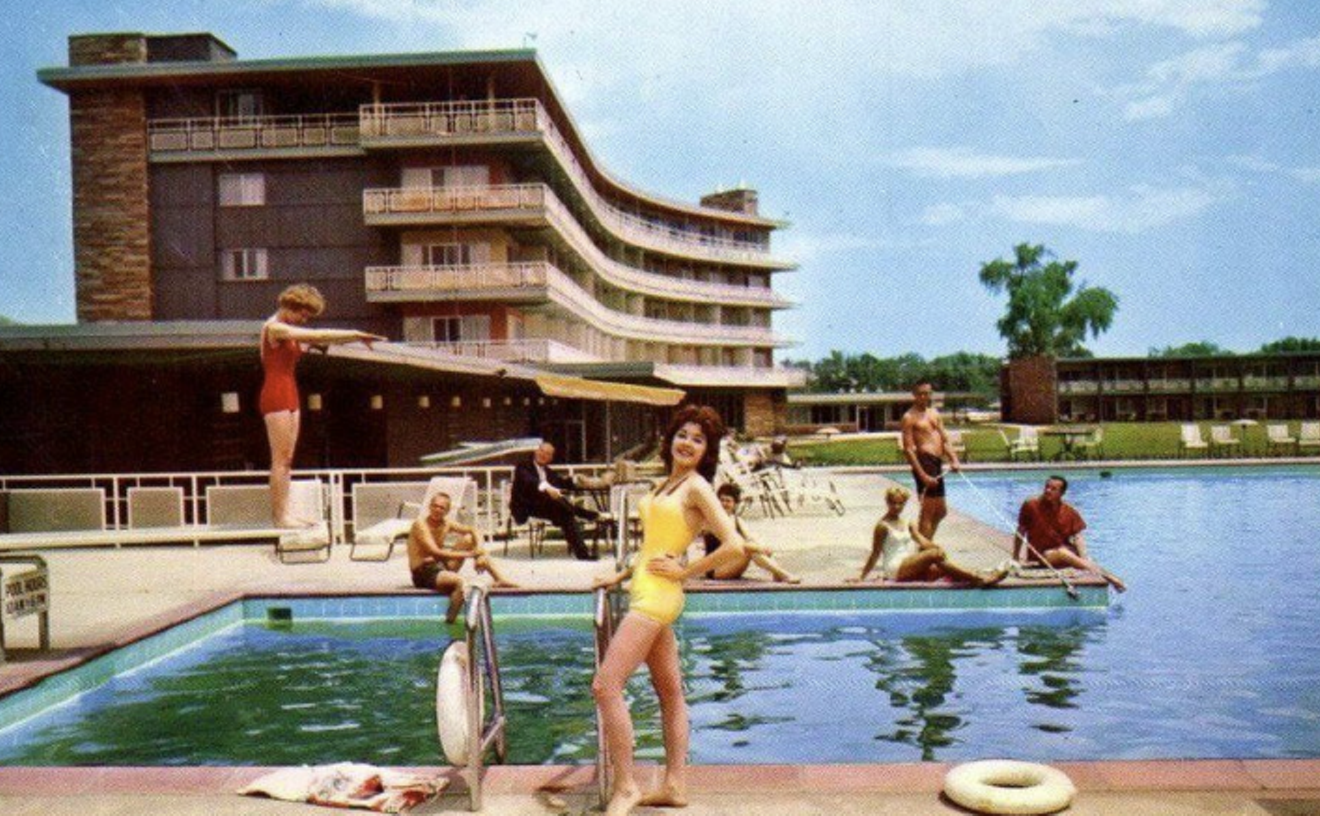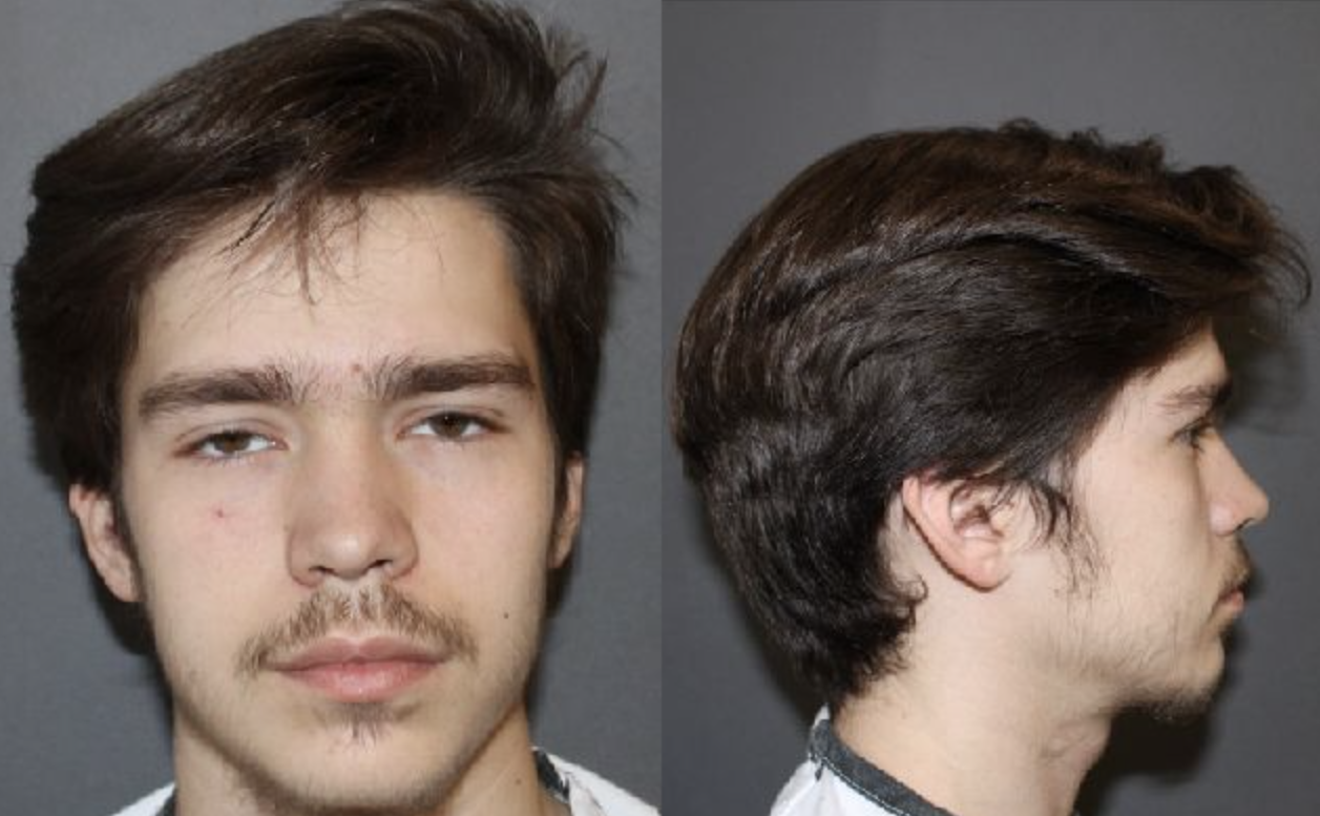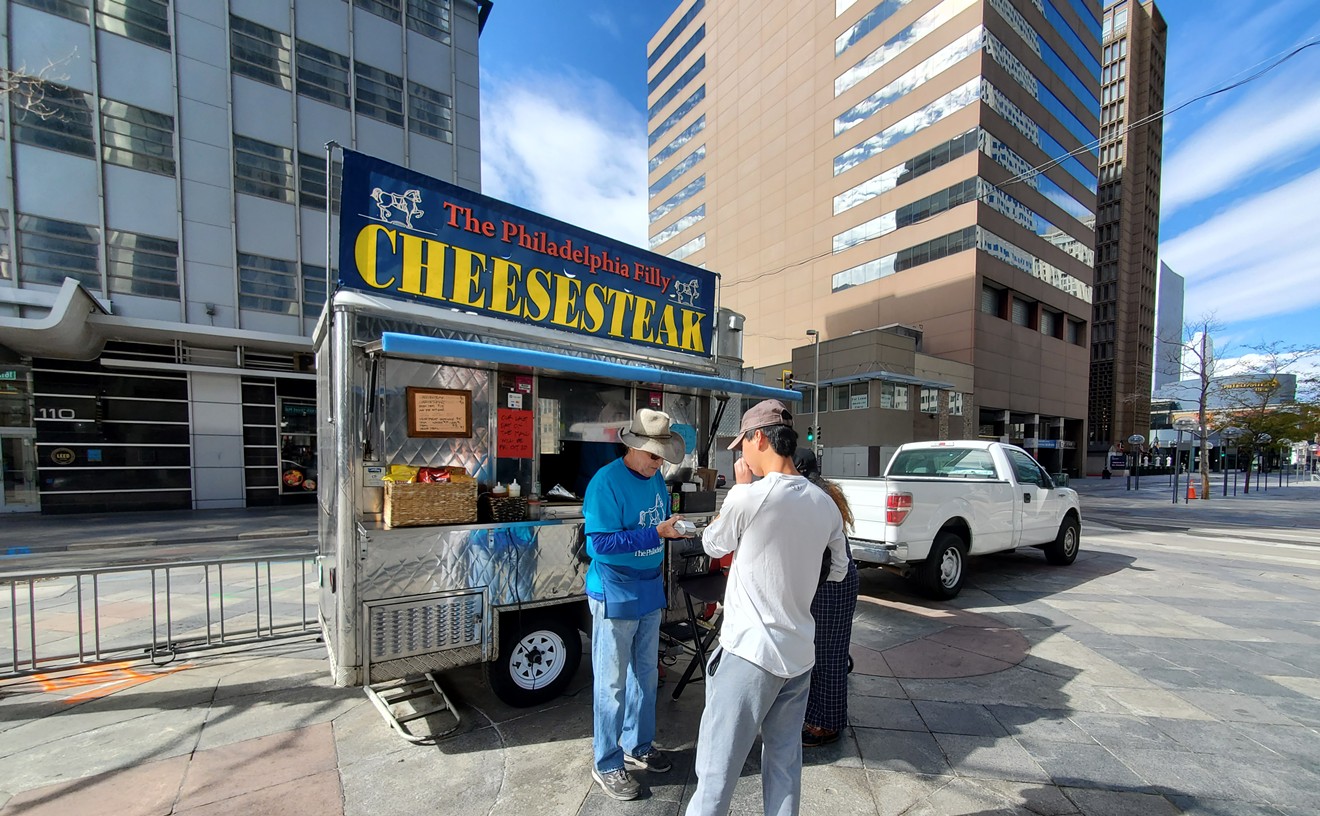To some, the PUC's rejection of the 300 cabs makes sense. But can we know for sure if Denver has enough taxis?
Yesterday, PUC commissioners admitted they struggled with their decision, noting there is no impartial, conclusive evidence as to whether or not the city has too many taxis or not enough. While there have been a variety of attempts over the last few years to answer that question, they've all been plagued by contradictory evidence, insider politics or questionable objectives. For example, here's a sampling of the "research" that's been done on the matter:
- In 2005, an Office of Economic Development study helmed by Cornelius Consulting found that "even though drivers may feel there are too many taxis licensed to operate in Denver, the City is not being over-served compared to cities of comparable size." The findings were apparently never released to a wide audience; many city officials and taxi managers never heard of it. Although Michael Hancock received a copy of it while he was City Council member, he says "I never saw its final analysis," and two years later, he asked for a new taxi study.
- The 2007 taxi study requested by Hancock (whose political coffers have repeatedly received contributions from Metro Taxi) found that "the correct number of taxi permits in Denver is 942" -- the exact number of permits then allowed in Denver. But the study's author, taxi expert Ray Mundy, has been accused of siding with existing cab companies and arguing against taxi de-regulation. And who footed the $75,000 bill Mundy's study? Yellow Cab and Metro Taxi, the incumbent taxi companies that were opposing attempts to start new taxi operations, and which Mundy named in his study as the only commendable taxi companies in town.
- In 2009, Denver Mayor John Hickenlooper wrote a letter to the PUC opposing Mile High Cab's attempt to start operating, quoting from a July 2009 letter he'd received from Colorado Hotel and Lodging Association president Christine O'Donnell that noted, among other complaints, that Union, a recently launched company that scored approval, did not have a central dispatch system, causing its drivers to wreak chaos on the city's already clogged streets. But Union actually had a two-way radio system in place the day it started, and O'Donnel now admits she was wrong, noting, "That information was given to me by one of the hotels, which said that one of its guests had left something in one of Union's cabs and it was near to impossible to track down that cab." Since writing that letter, she says, "I am not getting the same level of taxi concerns from my membership." Hickenlooper, however, stood by his objections to Mile High. He subsequently received $10,000 from Metro Taxi to help pay for his gubernatorial inauguration party.
- When Westword first covered the taxi controversies last December, Ruth Otte, executive vice president of marketing and communications for Veolia Transportation, the giant multinational transportation firm that owns Yellow Cab, penned a three-page response to us detailing the company's concerns about too many taxis in Denver. As she noted, there is an "over-supply of taxis in the Denver Metro market resulting in a depressive effect on taxi operator earnings and a number of other unintended consequences." What Otte apparently didn't realize at the time was that Yellow had already applied to expand its own fleet by 150 cabs; when she was informed about this, she replied, "The fact is that we do not necessarily believe the market needs or can support more permits, particularly not in the near term. But at the same time, if permits are being given out, we felt that to be competitive, we needed to apply."
- That would turn out to be a good move on Yellow Cab's part; Gomez would approve those 150 cabs in March, along with 150 for a new company to be called Liberty. In his decision, Gomez noted that in the application process, there was no expert testimony proving the new cabs would overcrowd Denver streets. It seems that he doesn't consider his own findings expert testimony; four months earlier, Gomez had rejected Mile High's application because he believed the Denver taxi market was at or near capacity.
So which is it? Is Denver over-saturated with taxis, or is it underserved? Folks can argue about it indefinitely, but until somebody takes a good, hard (and objective) look at the issue, it's just going to be like a taxicab spinning its wheels - but with nowhere to go.
More from our Follow That Story archive: "Michael Hancock donations from Metro Taxi payback for opposing Mile High Cab?" Follow Joel Warner on Twitter @joelmwarner.










